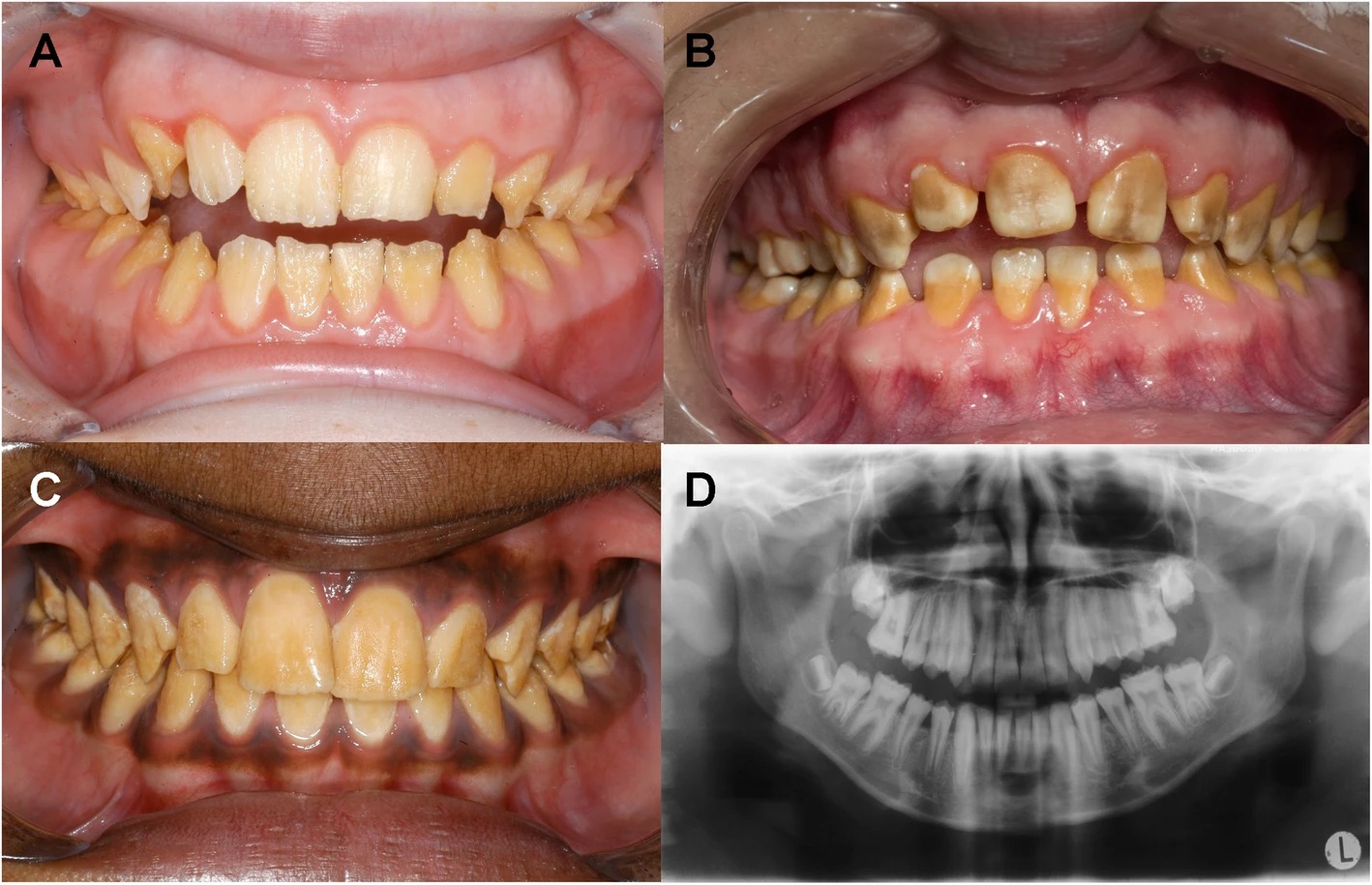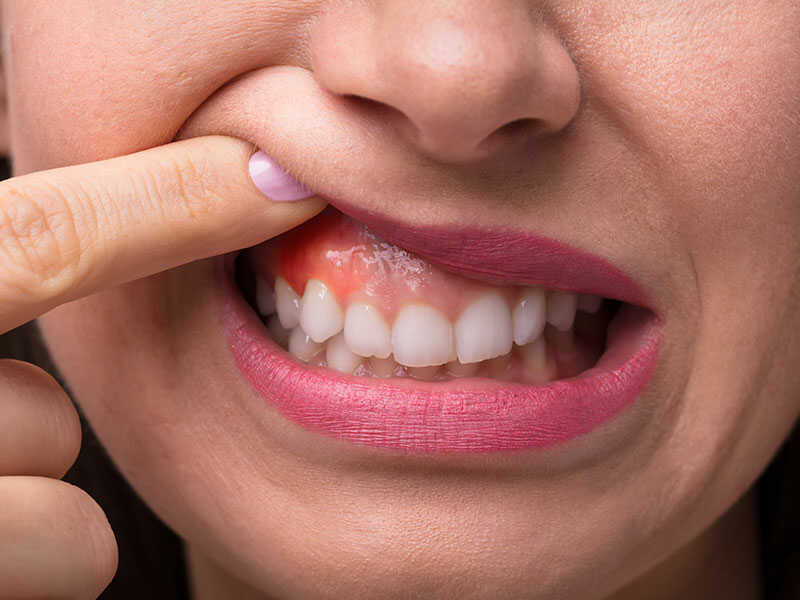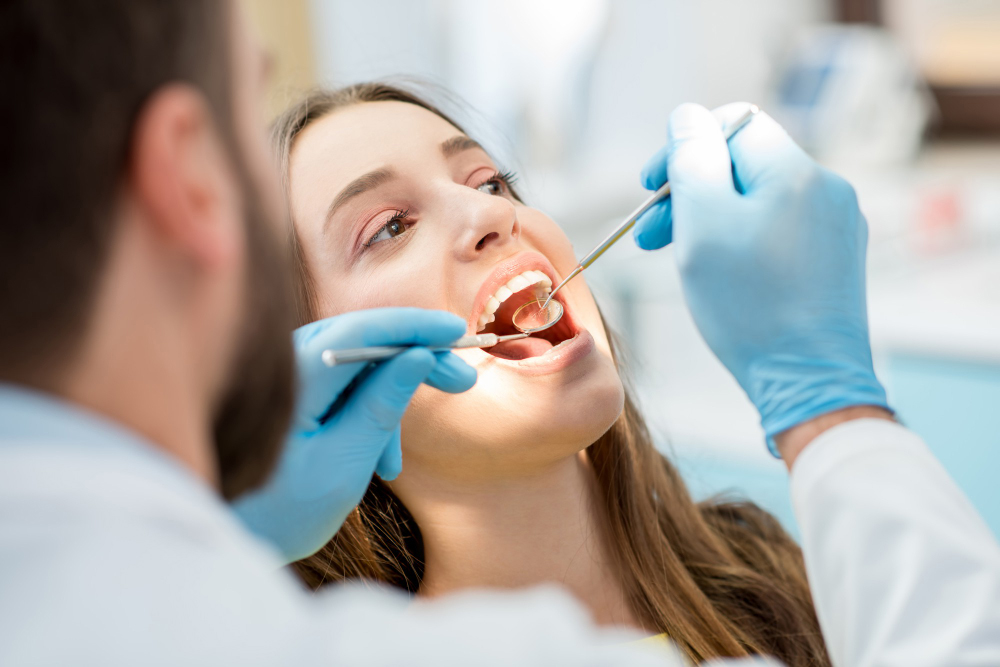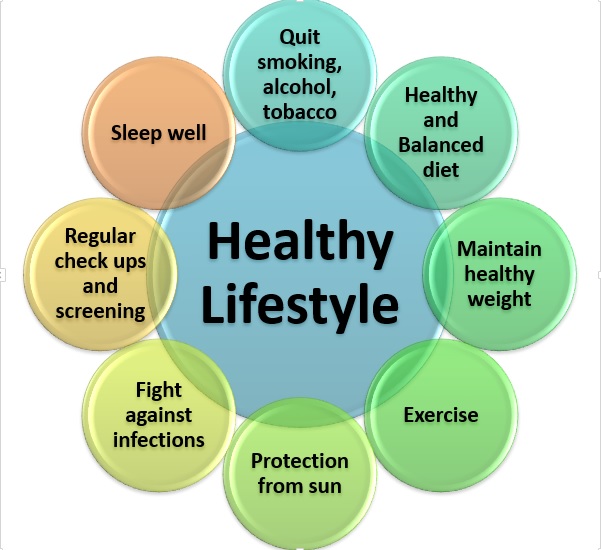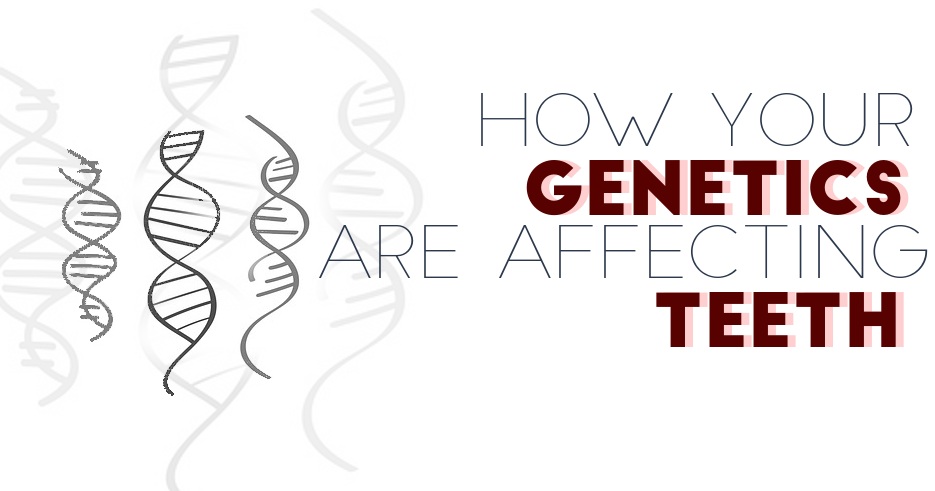
The Role of Genetics in Dental Health
Introduction
In the quest for optimal dental health, factors such as oral hygiene habits, diet and lifestyle choices often take center stage. However, one crucial aspect that is frequently overlooked is the role of genetics.
Genetics influences various aspects of our physical health, they also play a significant role in determining our oral health outcomes. In this comprehensive guide, we will delve into the intricate relationship between genetics and dental health, shedding light on how understanding your genetic predispositions can help you mitigate oral health risks and make informed decisions about your dental care.
Understanding Genetic Influence on Oral Health
Our genetic makeup plays a fundamental role in shaping the structure and composition of our teeth, gums and saliva. From the development of dental enamel to susceptibility to certain oral conditions, genetics exert a profound influence on various aspects of oral health.
1. Dental Enamel Formation
Dental enamel, the hard outer layer of the teeth, is crucial for protecting against decay and damage. Genetic variations can impact the formation and quality of dental enamel, predisposing individuals to conditions such as enamel hypoplasia, where the enamel is thin or incomplete, increasing the risk of cavities and sensitivity.
2. Tooth Development and Alignment
The development and alignment of teeth are also influenced by genetics. Hereditary factors can determine the size, shape and positioning of teeth, contributing to conditions such as overcrowding, malocclusion (misalignment of teeth) and anomalies like supernumerary teeth (extra teeth) or congenitally missing teeth.
3. Susceptibility to Gum Disease
Genetic predispositions can influence an individual’s susceptibility to gum disease, including gingivitis and periodontitis. Certain genetic variations affect the immune response to bacterial plaque, making some individuals more prone to inflammation and tissue destruction in the gums, leading to gum disease.
4. Salivary Composition
Saliva plays a crucial role in maintaining oral health by washing away food particles, buffering acids and remineralizing tooth enamel. Genetic factors influence the composition of saliva, including its pH level, flow rate and antimicrobial properties, which can impact susceptibility to cavities, dry mouth and other oral health issues. The best dentists in Delhi or wherever you are counsel their patients regularly on the salivary consistently, ph and its effect in retaining/ washing away the food.
Identifying Genetic Risk Factors
While genetics contribute significantly to oral health outcomes, it’s essential to recognize that genetic predispositions do not guarantee the development of specific dental conditions. Environmental factors, lifestyle choices and preventive measures also play a crucial role in shaping oral health outcomes. However, understanding your genetic risk factors can empower you to take proactive steps to protect your oral health.
1. Family History
One of the most straightforward ways to assess your genetic risk factors for dental conditions is by examining your family history. If certain oral health issues, such as gum disease, tooth decay or malocclusion, run in your family, you may be genetically predisposed to these conditions.
2. Genetic Testing
Advancements in genetic testing technology have made it possible to identify specific genetic variations associated with increased susceptibility to various dental conditions. By undergoing genetic testing, individuals can gain insights into their genetic predispositions and take personalized preventive measures to mitigate their oral health risks.
3. Consultation with Dental Professionals
Dental professionals play a crucial role in assessing and managing genetic risk factors for oral health conditions. During routine dental check-ups, your dentist can evaluate your oral health status, discuss your family history, and provide personalized recommendations based on your genetic predispositions and overall oral health needs.
4. Mitigating Oral Health Risks Through Personalized Care
Armed with knowledge about your genetic predispositions, you can adopt tailored strategies to maintain optimal oral health and minimize the impact of genetic risk factors on your dental outcomes.
5. Personalized Oral Hygiene Regimen
Based on your genetic risk factors and oral health needs, your dentist can recommend a personalized oral hygiene regimen that addresses your specific concerns. This may include customized brushing and flossing techniques, the use of fluoride products or antimicrobial mouthwashes, and regular professional cleanings to prevent plaque buildup and maintain gum health.
6. Dietary and Lifestyle Modifications
Certain dietary and lifestyle factors can exacerbate genetic predispositions to dental conditions. By making informed choices and adopting healthier habits, such as reducing sugar consumption, quitting smoking, and maintaining a balanced diet rich in vitamins and minerals, you can support your oral health and minimize the impact of genetic risk factors.
7. Monitoring and Early Intervention
Regular monitoring of your oral health status is essential for detecting potential issues early and implementing timely interventions. With proactive surveillance and preventive measures, such as dental exams, X-rays, and periodontal screenings, you can address emerging dental problems before they escalate, minimizing the long-term consequences of genetic predispositions. The best dentists in Delhi or wherever you are can’t stress the importance of regular monitoring of your Oral health.
Conclusion
In conclusion, genetics play a significant role in shaping our oral health outcomes, influencing everything from tooth development and enamel formation to susceptibility to gum disease and other oral conditions. By understanding your genetic risk factors and working closely with dental professionals to implement personalized preventive measures, you can take control of your oral health and mitigate the impact of genetic predispositions. Through a combination of proactive care, healthy habits, and informed decision-making, you can pave the way for a lifetime of healthy smiles.
To book an appointment with us at, ‘Smile Delhi – The Dental Clinic’– call us on +91-9811106871 or WhatsApp Dr. Suprriya B Bhatia on +91-9811106377. We pride ourselves to have the best cosmetic dentist in South Delhi. You can also mail us on [email protected].
“We Care to Make You Smile”
Posted by: Dr Twesha


